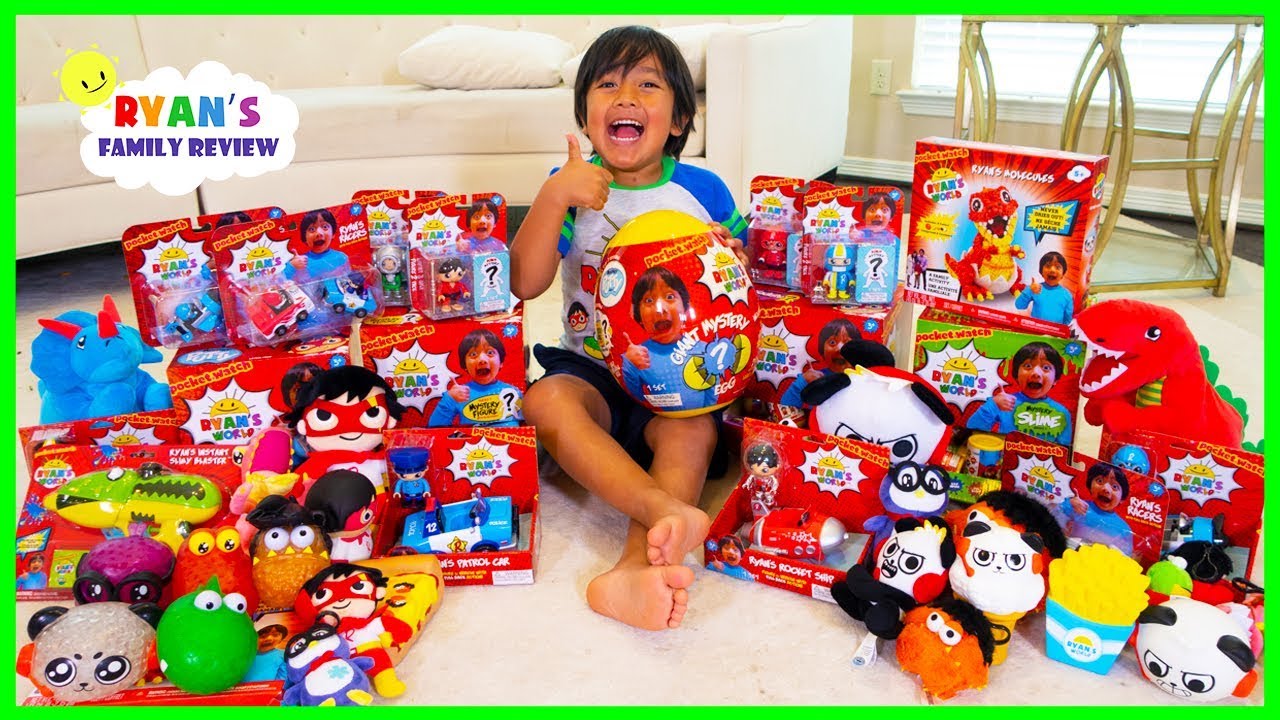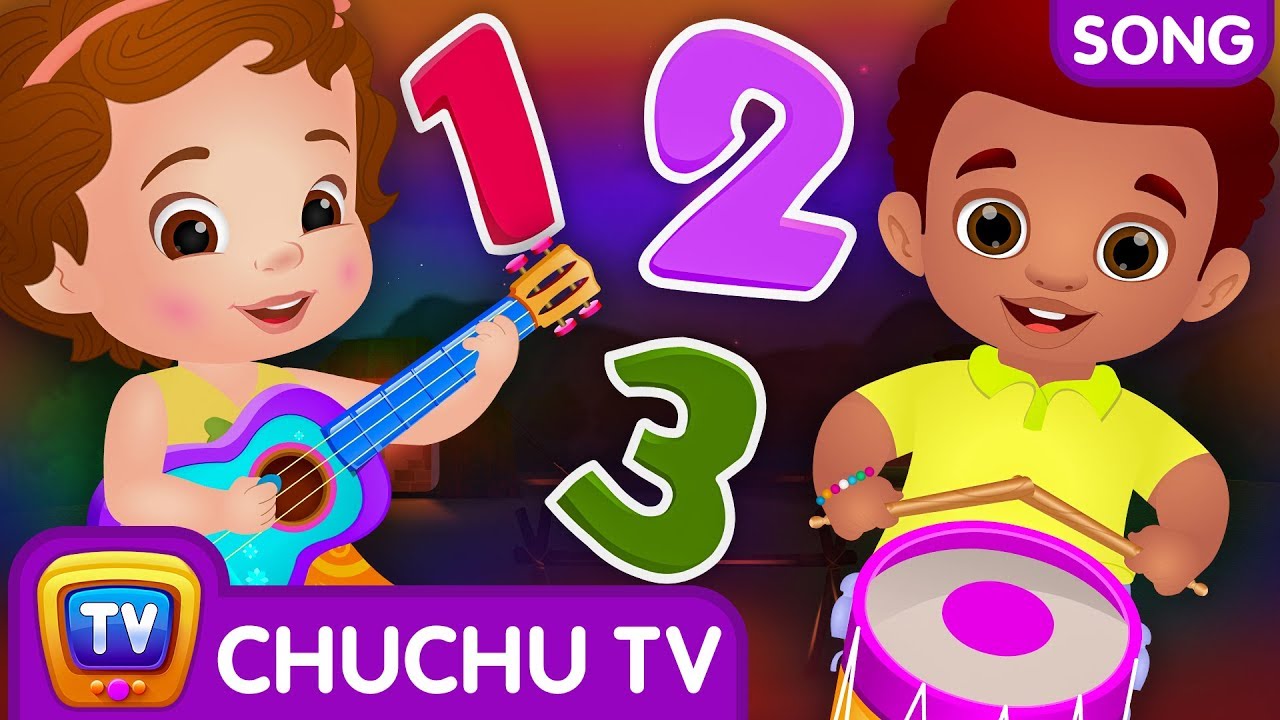In 2018, CCFC, the Center for Digital Democracy and a coalition of 23 advocacy groups filed a complaint urging the Federal Trade Commission to investigate YouTube and Google for massive, ongoing violations of the Children’s Online Privacy Protection Act. We weren’t trying to catch anyone on a technicality – we were blowing the whistle on one of the most powerful companies in the world for knowingly and illegally profiting off of kids’ personal data.
Our complaint detailed how Google was, for years, intentionally violating COPPA by pretending obviously kid-directed channels like Little Baby Bum, ChuChuTV Nursery Rhymes, and Ryan Toys Review weren’t actually for kids. This was a huge money-maker for YouTube: at the same time Google falsely said in its TOS and to the FTC that YouTube wasn’t for kids, the company was charging premium prices for ads on child-directed content and bragging to advertisers that YouTube was the new Saturday morning cartoons. We asked the FTC to investigate YouTube and Google, not the channels of individual creators, because we believe that YouTube as a platform is ultimately responsible for making sure its data and ad policies follow the law. (And even when rumors of this settlement were first swirling, we urged the FTC not to shift the burden of compliance to creators.) We also focused only on channels that were obviously child-directed, because those are the channels where the audience is overwhelmingly the kids that COPPA was intended to protect.
Now that the FTC has investigated and found that Google and YouTube were violating the law, there are big changes underway on YouTube, including restrictions on data collection and advertising on child-directed content. Advocates, lawmakers, and child development experts recognize that this is a long overdue step to enforce COPPA — which has been the law for years — and end the insidious practice of collecting personal data from kids in order to target them with manipulative behavioral ads.


These changes are great for kids. But they’re the cause of a lot of uncertainty, especially for creators who make child-directed content. Creators on YouTube get a cut of the ad sales on their content, and for years, kid-friendly videos were lucrative specifically because YouTube was placing illegal behavioral ads on them. Now that YouTube will only place legal, less-lucrative contextual ads, creators are getting a cut of a smaller pie.
We really feel for content creators in this situation! Many creatives, including people who genuinely want to make good things for kids, made life decisions, started businesses, made hires, or otherwise made big investments based on YouTube’s revenue model. It’s extremely difficult to have your business upended because someone else got caught violating the law. YouTube knew they were taking a risk by violating COPPA – they were betting the money they made from kids’ data would outweigh any punishment resulting from enforcement. Most content creators had no idea that their livelihoods were part of this bet.
In other words, Google created this problem. By violating COPPA on a massive scale over multiple years without consequence, YouTube was stealing kids’ data, serving up unfair and manipulative ads, and taking advantage of a precarious and unprotected creative labor force. Now the bubble has finally burst, Google is as rich as ever, and YouTube is more than happy to let its understandably upset creators blame the FTC for finally enforcing the law, instead of YouTube for breaking it all these years.
YouTube is also happy to let people worry that less lucrative ads on kids’ content will lead to a massive drop in the availability of that content – but concerns about a lack of content on YouTube are overblown. YouTube’s business model is and always has been quantity: more videos, more views, more ad dollars. Kids’ content will absolutely not disappear from YouTube, but even if it did, children would still have access to more media (both “good” and “bad”) than at any other time in history. And here’s the thing: children don’t even benefit from an ever-expanding quantity of media! What kids need isn’t endless choices, but access to quality media that has been created alongside experts in child development and has evidence to back up any educational claims.
This is one of the most critical revelations of this settlement and its aftermath: the way we make and think about media for children needs to change. On YouTube and elsewhere, kids’ media is too often created and distributed to meet the needs of advertisers and profit-driven platforms, not the needs of kids. Children don’t need infinite amounts of ad-supported video content to choose from; they need limited time with commercial-free media that is tailored to their developmental stages and helps them better understand their world. People making media for children shouldn’t need to appeal to marketers; we once funded public, ad-free media in the US, and we can and should do it again
Of course, public funding is a long-term solution, and this settlement is bringing up much more short-term concerns for creators. Here are two concrete ways that Google could act now to ease the burden on content creators who are paying the price for YouTube’s illegal business model:
- We said this past summer that the FTC should compel Google to create a $100 million fund for the creation of quality, commercial-free media. Ultimately, this wasn’t part of the settlement, but Google did announce that it is setting aside $100 million for kids’ content. Since announcing the fund, Google has been silent about how and when the money will be used. We urge Google to release those details as soon as possible, and to specifically commit that funding to support ad-free content for kids.
- Google takes a 45% percent cut of all ad sales on YouTube. That’s a high figure, given Google assumes none of the risks (not to mention the labor!) of content creation. Google can and should stabilize this transition for creators of high-quality kids’ content by offering them a larger cut of ad sales.
We also believe that other platforms – ones with less exploitative business models than YouTube – will continue to emerge as alternatives and provide new opportunities for content creators. After all, the playing field has been significantly leveled now that YouTube has to play by the same rules as everyone else.
This is also why the current conversations at the FTC about the future of COPPA are so important. By creating – and enforcing! – strong protections for kids online, the FTC can prevent manipulative data practices like the ones that YouTube used to become an attention-harvesting, data-extracting juggernaut with an unfair grip on how we create, consume, and share media. To strengthen COPPA and make the internet better for kids, you can sign onto our comments here, or submit your own directly to the FTC.